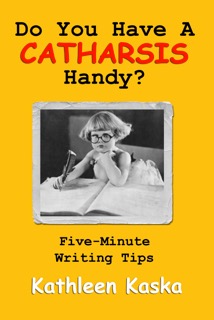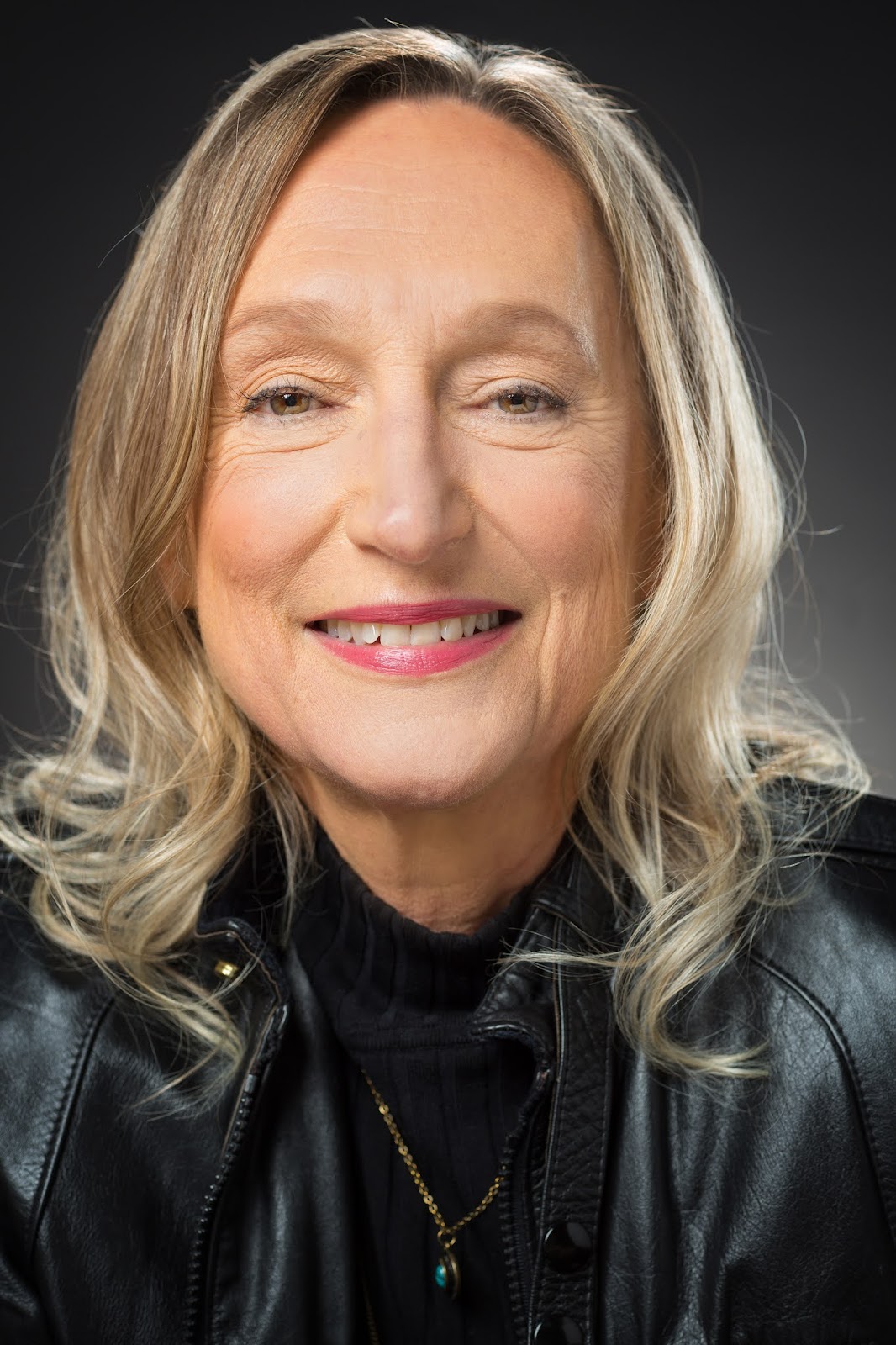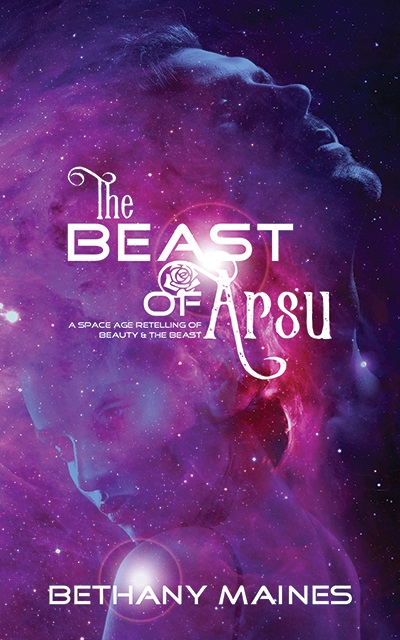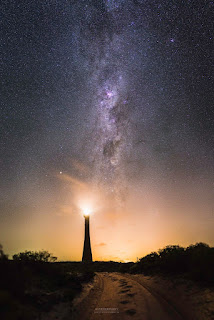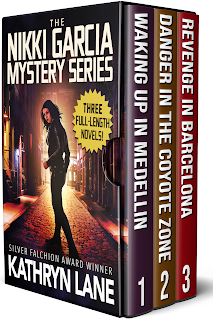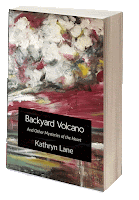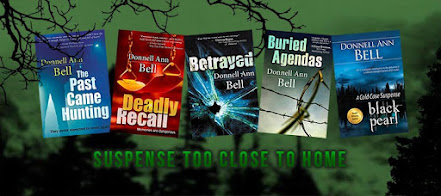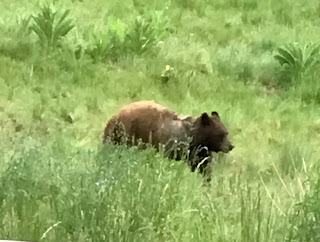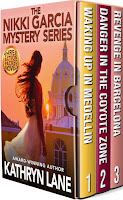Interview by Kathryn Lane
(Bethany
Maines is such a dynamic interviewee that I’ve kept the interview pretty much
as it happened. To edit would lose the spontaneity of her responses.)
Bethany, I’m amazed by your dexterity as
an author. You write in various genres, from crime fiction to mystery, to action adventure
to sci-fi. Do you move from one to the other to keep your stories flowing?
Growing up I
read mostly sci-fi/fantasy and mystery. I always assumed that if I wrote it
would be sci-fi/fantasy based, but as with most half-baked childhood notions, it
hasn’t turned out that way. Mystery/Adventure/Romance seems to be where I sit
most easily, and my occasional visits into sci-fi are usually with co-writers.
By the
time this interview is published on November 2, you will have launched your
mystery, Hardest Hit, the third book from your Deveraux Legacy series. Congratulations!
Share
with us what worked for the launch and what you’d do differently next time.
I can tell
you what doesn’t work. Accidentally scheduling the launch for nearly the same
time as a work conference is… not the best thing I’ve done lately. I work with
a marketing company; they give me lots of support, and I don’t think I could do
it another way considering my scheduling conflict. But other than that, my
number one tip, is plan ahead.
Moving to
your mystery/action adventure books, you have taken an innovative approach to
undercover work. Your protagonist, Nikki Lanier in the Carrie Mae series, is a
no-nonsense investigator who takes on drug smugglers and arms dealers.
How did
you get the idea for the Carrie Mae series?
OK, true
story, I once received a cease-and-desist letter from Mary Kay corporate to not
mention Carrie Mae in the same breath as Mary Kay. Meanwhile, Mary Kay Ladies
love every book in that series. And they should because they gave me the idea. I
once had to pick up lipstick from my MK lady. She was at a meeting and invited
me to stop by. When I stepped into the Red Lion Inn… it was a packed ballroom! They were recruiting new Mary Kay Ladies. On
stage, an imposing woman was laying down the MK rules like she was Patton in
pumps. And I thought… these ladies could take over the world and they’re
kind of scary. It’s probably a good thing there isn’t a militant wing of Mary
Kay. (Lightbulb!) Later I went out for drinks and told my girlfriends I had
a great idea for a book. They laughed, saying they loved the idea of Nikki and
her team.
Nikki and
her team set out to save the world from gangs, smugglers, and arms dealers, all
the while looking fabulous. You do mention, though, they try to remember clean
underwear! Is humor in your genes or do you work at it?
Surprise! It’s
nature AND nurture. My Dad is an excellent and humorous storyteller. In
childhood I watched him hone a story from one telling to the next. That method
of refining the funny until it’s the funniest is something that takes years to
perfect, but I feel that I got a leg up through proper parenting.
You write
several novels and novellas every year. Do you program your writing for the year
ahead and decide which series will get the bulk of your time? Or are you a
complete pantser that gets up in the morning and decides what you’ll work on
that day?
I used to
pants it. I loved the discovery and joy of finding out what happened. But
sadly, I don’t have the time anymore. Pantsing is joyful but inefficient, and
if I want to tell ALL THE STORIES… well, I need to plot. However, I do employ a
strategy of “cheat stories”. If one isn’t cooperating I go cheat on it with a
different story. That will teach it!
I’m
intrigued by your sci-fi novellas, The Beast of Arsu being the latest. For the Galactic Dreams series, you write with two
other authors, Karen Harris Tully and J.M. Phillippe. Do the three of you get
together to discuss and plan the next collection of Galactic Dreams?
Karen and
J.M. and I came up with a simple proposition (such innocent, foolish, past
selves): we would create a shared universe and spread the hard parts of world-building
around. Then we would each write stories within that universe. And, just to keep
it interesting, we would base our stories on fairy tales. Clearly none of us
had read fairy tales recently – they’re insane. None of us counted on the fact
that each of us would want to break the rules of the universe at some point, or
that we would have to keep track of all the weird words and technology we
invented. At this point, we have a massive spreadsheet and a five-page single-space
word doc on our universe. Fortunately, our friendship has survived the great
battle over whether or not to include the word OK in space. Surprisingly,
we were all 100% fine with bringing in Octopus aliens. We touch base multiple
times while writing our individual stories and use each other for research, as
sounding boards, and as spare memories. Then, at the end, we all read
everything for universe cohesion.
Bethany, let me tell you, I’d
be lost in space if I could not use the word OK. One last question. If
you were not writing, what would you be doing?
I actually love
my day job of graphic design. If I weren’t writing I’d be getting to all of the
art projects that are languishing in my office that I swear I’m TOTALLY getting
to. Stop judging my art supply purchases!!
That was a fantastic interview, Bethany. Thank you!
Biography
Bethany Maines is the award-winning author of
mystery, crime and romantic suspense novels, as well as many short stories.
When she’s not traveling to exotic lands, or kicking some serious butt with her
black belt in karate, she can be found chasing her daughter or glued to the
computer working on her next novel. bethanymaines.com




